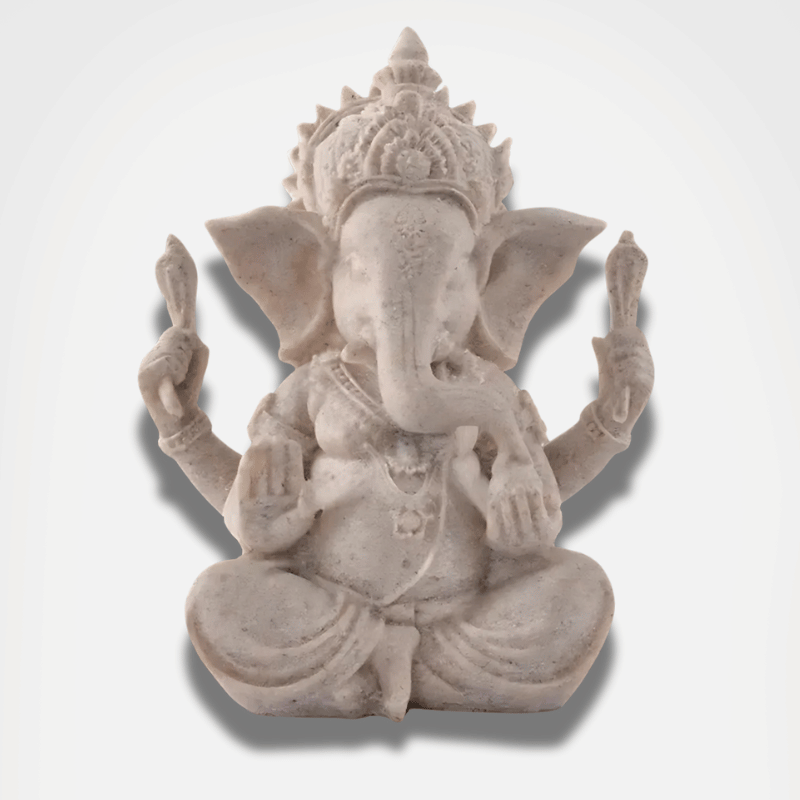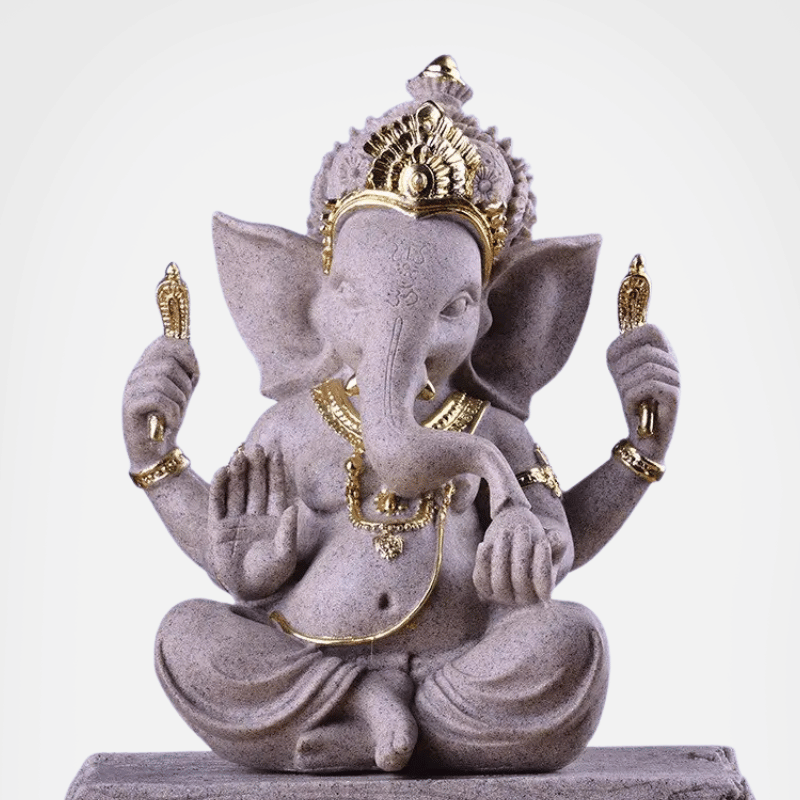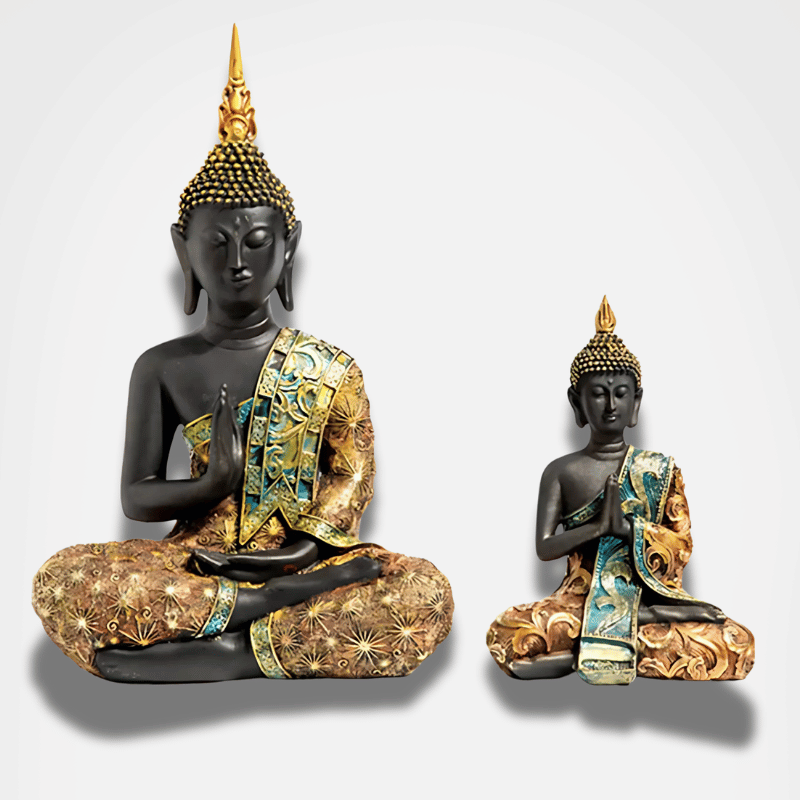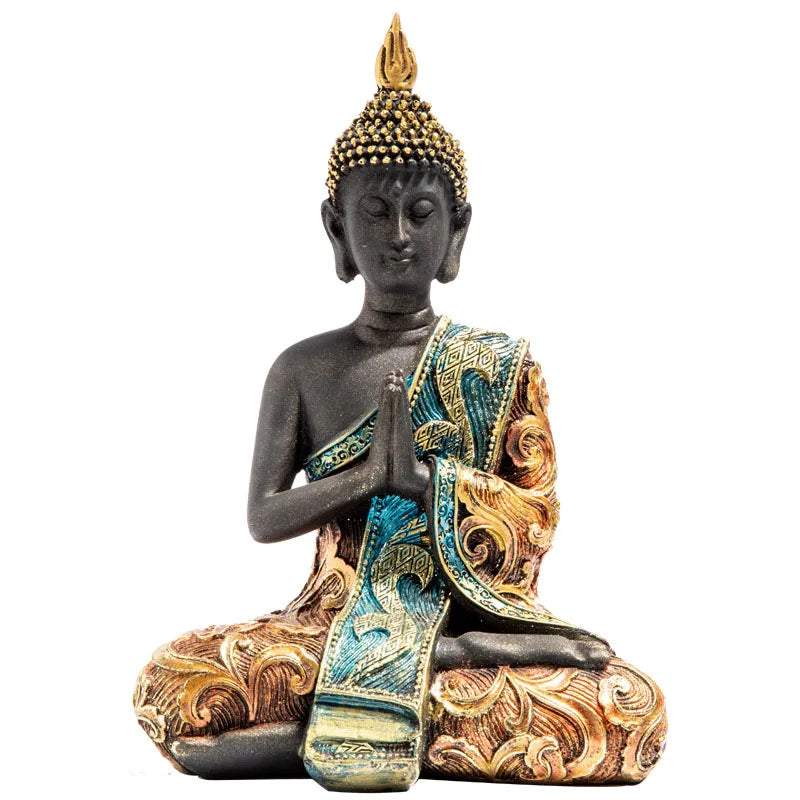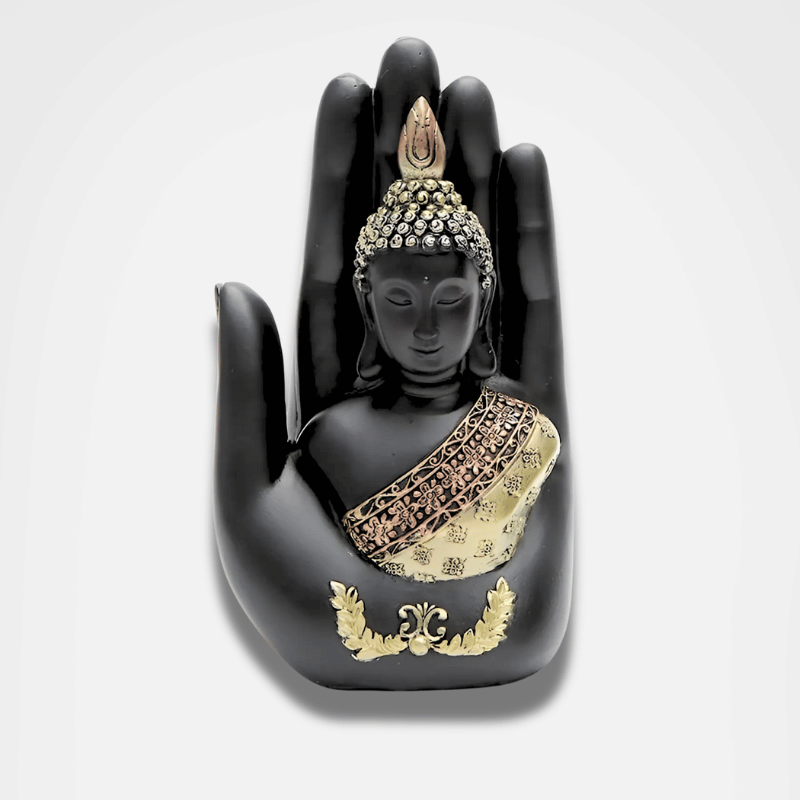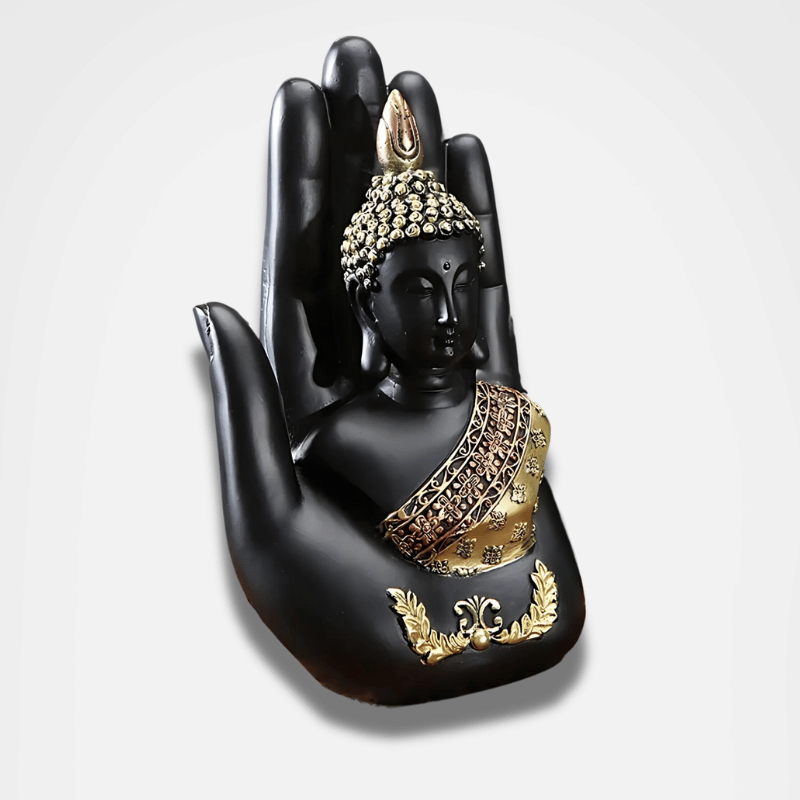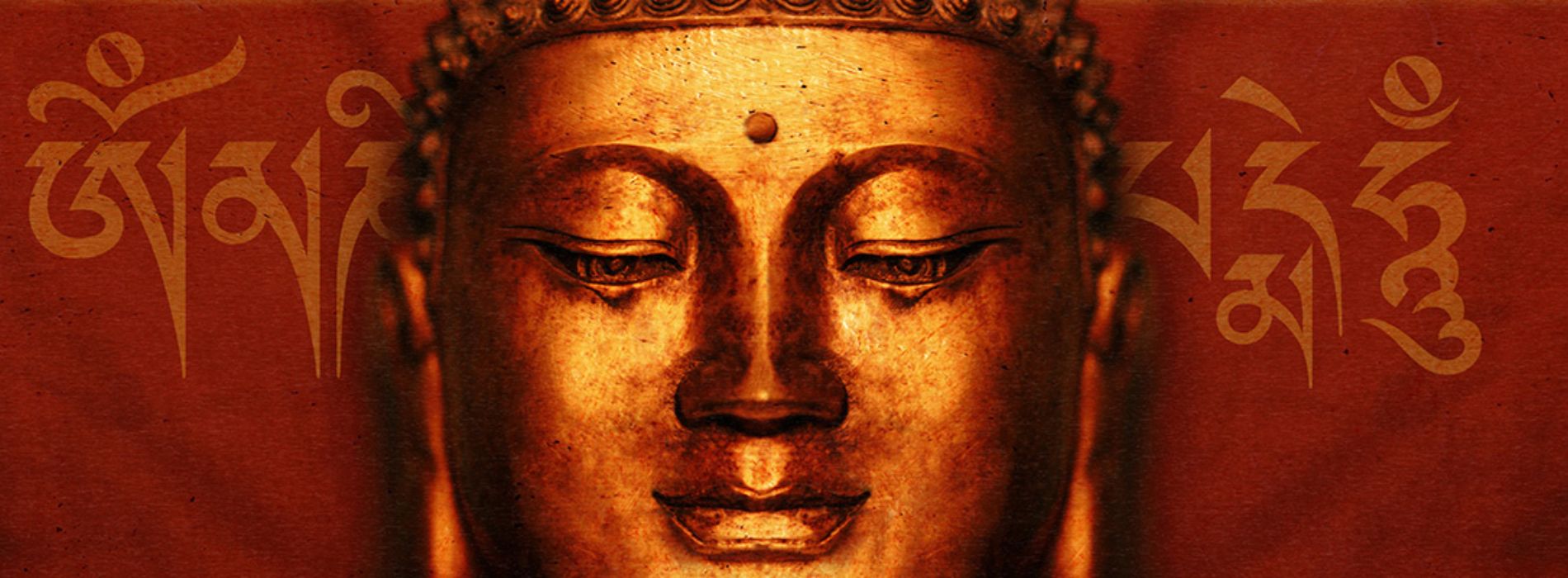The Quest for Nirvana in Buddhism: A Path to Liberation
Nirvana represents the ultimate achievement of Buddhist practice. It is a state of total liberation from suffering and the cycle of rebirth. But how to achieve it? This is what we will explore together.
1. Understanding suffering
The first step towards Nirvana is to recognize and understand the Four Noble Truths, which describe the existence of suffering and its cessation.
2. Following the Noble Eightfold Path
This is the practical guide to leading a life that leads to Nirvana. It encompasses right vision, right thinking, right speech, and many other essential principles.
3. Meditation and concentration
Meditation is essential to purify the mind and move closer to enlightenment. It helps develop mindfulness and achieve states of deep concentration.
4. Abandon desires

Desire is at the origin of suffering. By abandoning it, one frees oneself from attachments and approaches Nirvana.
5. Morality and ethical conduct
Adopting Buddhist precepts and leading a moral life is fundamental to progressing on the path to liberation.
6. Seek wisdom
Wisdom, or prajna, is one of the three essential practices of Buddhism, along with morality and meditation. It is crucial to understanding the nature of reality.
7. The importance of the Sangha
 < /strong>
< /strong>
The Sangha, or monastic community, offers support, teachings and a framework of practice for those seeking Nirvana.
8. Perseverance and determination
Achieving Nirvana takes time, patience and unwavering determination. It’s a lifelong journey.
Conclusion: The Journey to Liberation
Reaching Nirvana is not an easy task, but it is a journey that brings peace, serenity and freedom from suffering. Each step on this path is a progression towards inner light.
Frequently asked questions about Buddhist Nirvana
1. Is Nirvana only for monks?
No, although monks have a favorable living environment, any serious practitioner can aspire to Nirvana.
2. Is Nirvana similar to heaven?
No, Nirvana is a cessation of suffering and the cycle of rebirths, while heaven is often seen as a place.
3. Can one achieve Nirvana without meditating?
Meditation is an essential tool, but deep understanding and ethical conduct are equally crucial.
4. How long does it take to reach Nirvana?
It varies from individual to individual. For some, it can take several lifetimes.
5. Is Nirvana a state of extinction?
It is not extinction, but rather a realization of the true nature of reality and a liberation from suffering.


















